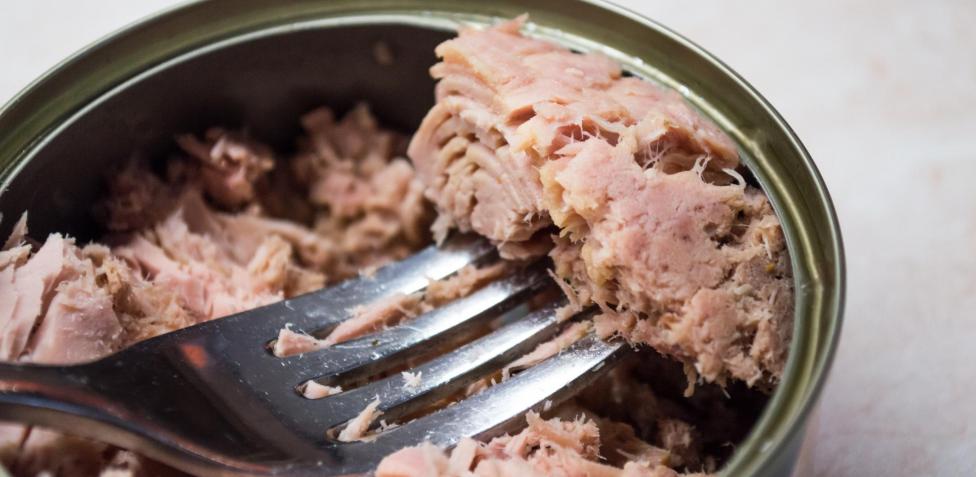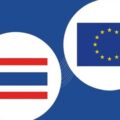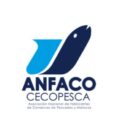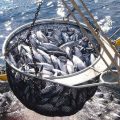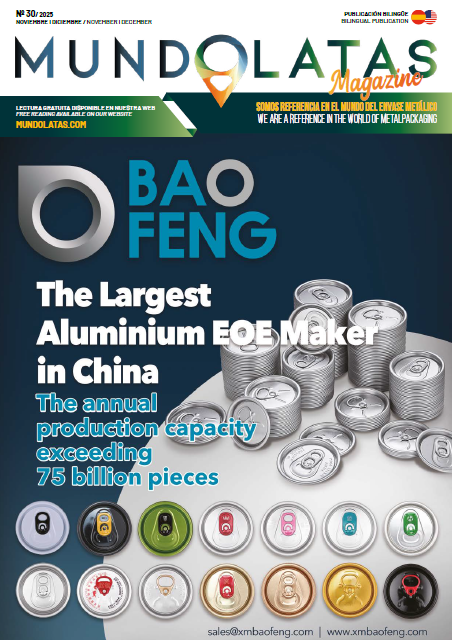The Spanish fishing fleet faces major challenges that could threaten its future. The private label problem and unfair competition from Asian vessels that have their crews working under miserable conditions are some of the challenges they face. To this we must add a new front. The European Union and Thailand will conclude “in the coming months” the first round of contacts the first round of contacts to relaunch negotiations to close a Free Trade Agreement, talks that began in 2013, but were suspended just a year later due to the military coup in the Asian country.
For his part, the managing director of the Organization of Associated Producers of Large Tuna Freezers (Opagac) indicated that it is very difficult for consumers to identify the origin of private label products.
“Something that is complicated to face because of the unfair competition from Asian fleets whose tuna enters the market freely and without tariffs”.
said.
Therefore, in order to differentiate themselves, both European companies and the tuna fleet will have to have quality standards certified by Aenor, the Isabel and Campos brands being a clear example of this. Thus, consumers will be sure of what they are buying, the social sustainability of the tuna fishing industry will be reinforced, giving particular emphasis to the working conditions, safety and welfare of its crews.
The secretary general of the National Association of Manufacturers of Canned Fish and Seafood (Anfaco-Cecopesca), Roberto Alonso, again called for a lowering of VAT on products of the marine-industry sector.
Undoubtedly, this situation will also help the Spanish fishing fleet to homogenize the criteria related to the Due Diligence Directive, which is currently being processed. Precisely coinciding with the Spanish presidency of the Council of the European Union in the second half of this year, the fleet will try to promote and establish an ambitious control and sanctioning regime to help ensure that European citizens do not consume fish from fleets that violate human rights.
In addition, the Spanish tuna fleet will invest close to 7 million euros in order to obtain MSC (Marine Stewardship Council) certification for approximately 380,000 tons per year of its catches, which represents 8% of the world’s total tropical tuna catches.
In 2017 and 2019, the EU-27 initiated a “progressive resumption” of relations in light of democratic steps by the Asian country, allowing for a cooperation agreement in 2022, now resuming trade talks. The EU is Thailand’s fourth largest trading partner and the third largest investor in Thailand, accounting for about 10% of total foreign direct investment in Thailand.

